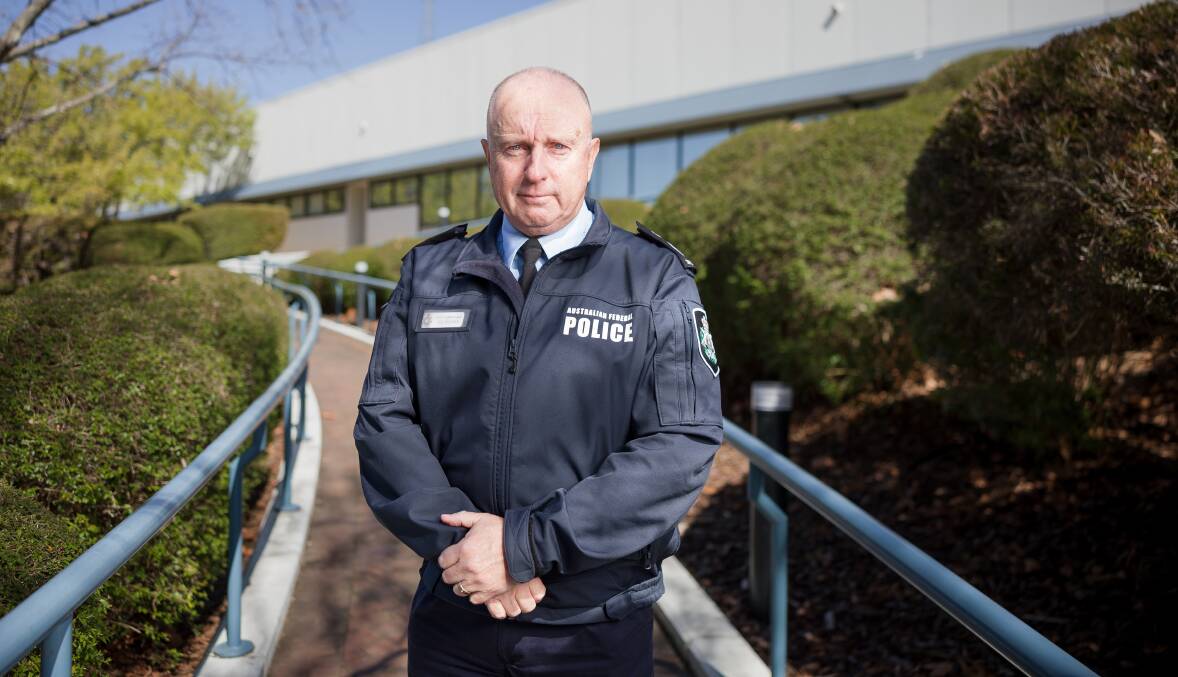
Spilt Milk and Summernats will be a major test of the ACT's move to decriminalise drugs, according to the territory's top cop, who fears an "increased appetite" for illicit substances will bring more organised crime to Canberra.
Alive to the prospect of a bikie turf war, chief police officer Neil Gaughan also revealed his desire for the ACT to introduce powers that are commonly used to make life tough for gang members interstate.
In a wide-ranging interview with The Canberra Times, a candid Australian Federal Police Deputy Commissioner Gaughan also conceded leadership failures led to Canberra's cops being confused about when to charge suspects.
'Zombified' streets a big leap
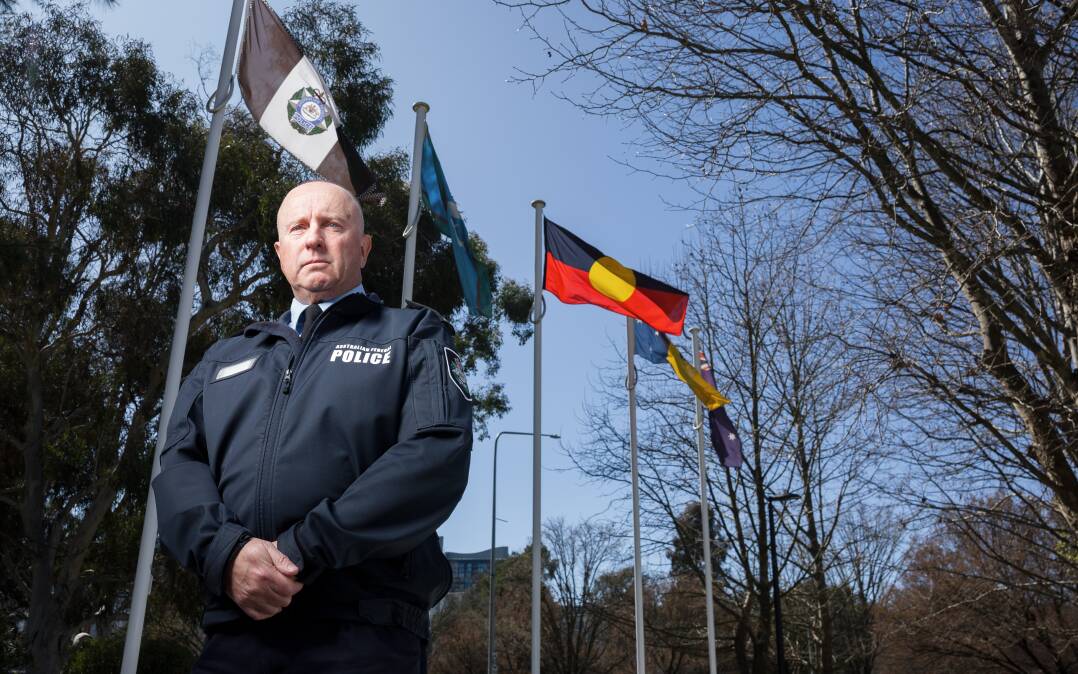
The ACT's top cop recently toured North American states that have already relaxed drug laws.
"What I saw over there was really alarming," he said on Tuesday.
"There were literally blocks of areas of San Francisco where people were zombified, you know, living in squalor on the side of the road."
While he made similar comments last week, prompting backlash from local criminal lawyer Adrian McKenna, who accused him of "scaremongering", Deputy Commissioner Gaughan told The Canberra Times a similar situation was not imminent in the ACT.
The senior officer attributed the horror stories of the United States and Canada to the issues those countries have with opioids like fentanyl, a highly potent drug "we're not seeing here at all".
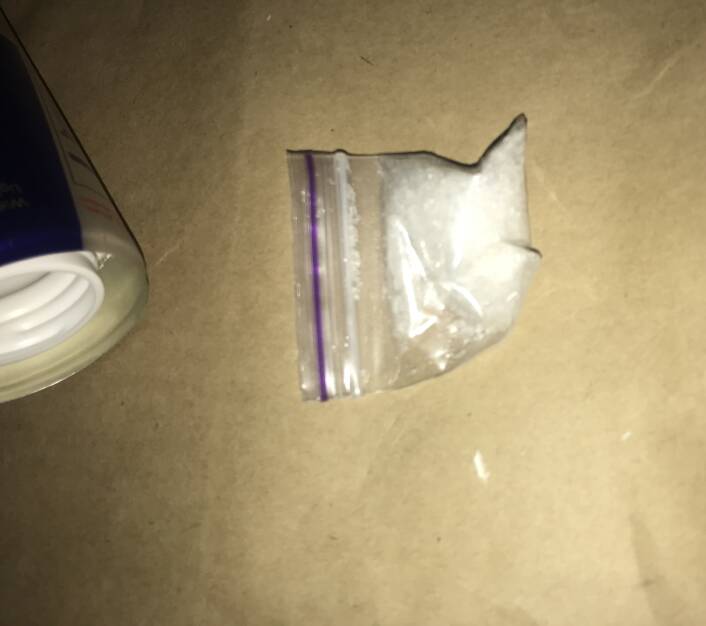
Deputy Commissioner Gaughan did express fears, however, about the likely fallout of the ACT's decision to decriminalise the low-level possession of illicit drugs like cocaine, methamphetamine and heroin from October 28.
He said he expected people to come from places like Sydney to use drugs in the capital, saying "an apprentice carpenter in Campbelltown" was unlikely to know the difference between decriminalisation and legalisation.
"They just think that they can come down and, you know, they're gonna get a $100 fine if they get caught," Deputy Commissioner Gaughan said.
"Or if they say 'I'm gonna go to rehab', well, they get nothing."
The chief police officer acknowledged it was not yet clear what would happen, though he also voiced concerns about how people who decided to try drugs would react to them.
He indicated he would be sending more officers than usual to the upcoming Spilt Milk music festival, and the Summernats car show next January, saying it would be "naive to think that we're not gonna see some increase in drug use".
"I think that festival in November will give us a really good idea of what we think we're gonna face going forward," Deputy Commissioner Gaughan said.
"The [decriminalisation] legislation would have been in place for about three weeks.
"It couldn't come at a worse time, really."
'Attacking' organised crime
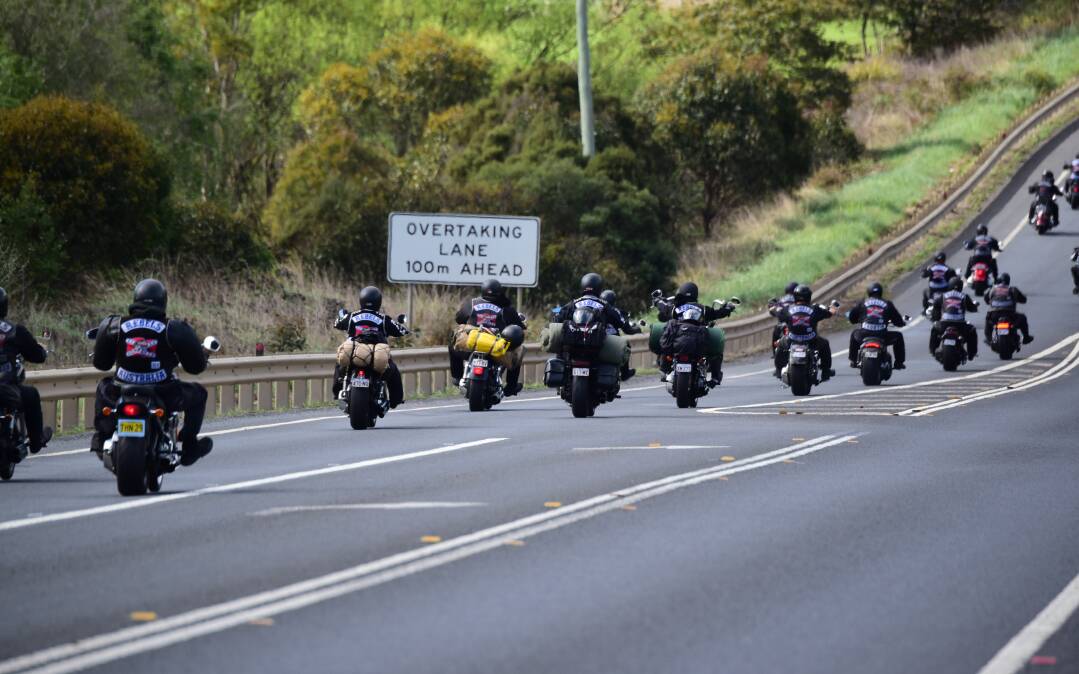
Another notable event, albeit one that will not draw the same crowds, is the Rebels outlaw motorcycle gang national run.
It will bring huge numbers of bikies to Canberra within days of the new drug laws coming into effect.
"The timing of that is quite interesting as well," Deputy Commissioner Gaughan said.
The experienced officer predicted the choice of venue would "antagonise" the Comanchero, which has dominated the local gang landscape for some years.
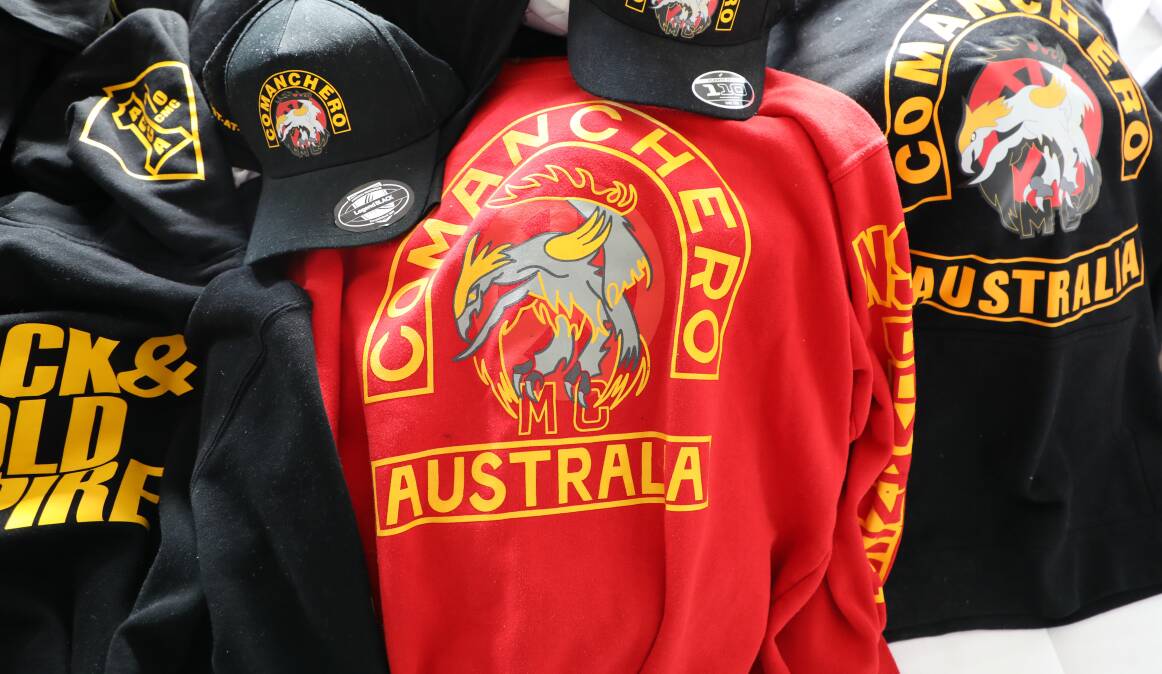
He said police were gathering intelligence on what criminal groups might have planned for Canberra following drug decriminalisation, saying "the mid-level dealers are bikies".
On the topic of outlaw motorcycle gangs, Deputy Commissioner Gaughan revealed he was in discussions with the ACT government's Justice and Community Safety Directorate about introducing firearm prohibition orders as a new way of "attacking" organised crime.
"I think we definitely need those," he said of the orders, which police in other jurisdictions use to prevent gangsters possessing weapons.
"It's not lost on the staff that ... we have probably less powers than any other jurisdiction in the country as far as things like firearm prohibition orders, anti-consorting laws, all those things about OMCGs."
Failure of leadership

The public has gained rare insights into the inner workings of ACT Policing in recent months, thanks to a board of inquiry that examined how authorities handled the aborted rape case of Bruce Lehrmann.
Deputy Commissioner Gaughan said work was under way to implement the recommendations of the inquiry, which revealed confusion surrounding the test police should apply when deciding whether or not to charge suspects.
A document tendered during the inquiry showed almost every one of the 17 officers asked to outline their understanding of the threshold had a different view.

Deputy Commissioner Gaughan, who was among that group, conceded failures of leadership had allowed the confusion to flourish.
He said recruits had been taught different things at different times and training had not been refreshed to reflect changes in case law.
A clear threshold had now been developed, he said, while police were also making better use of regular training days.
Inexperience issues
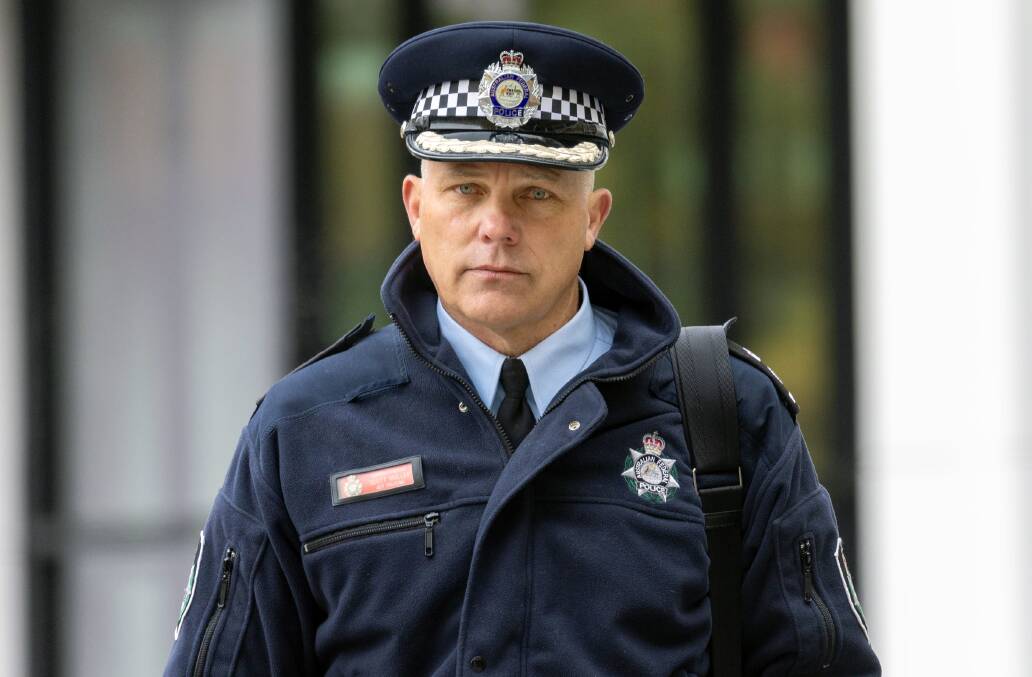
The inquiry also shone a light on the concerns of Detective Superintendent Scott Moller, a well-known officer who revealed a lack of mid-level local investigators.
Deputy Commissioner Gaughan told The Canberra Times this was an ongoing challenge, with about 10 per cent of ACT Policing members leaving every year for other areas of the Australian Federal Police.
"We're gonna have to make ACT Policing a more attractive place to work in the broader AFP," he said, describing bigger pay packets as something that should be seriously considered.
The police chief said one way to address the inexperience issue would be paying leading senior constables an allowance to train junior officers, making it more attractive for them to stay.
But there was still the broader issue of housing affordability in Canberra, which Deputy Commissioner Gaughan nominated as a topic officers regularly raised with him.







